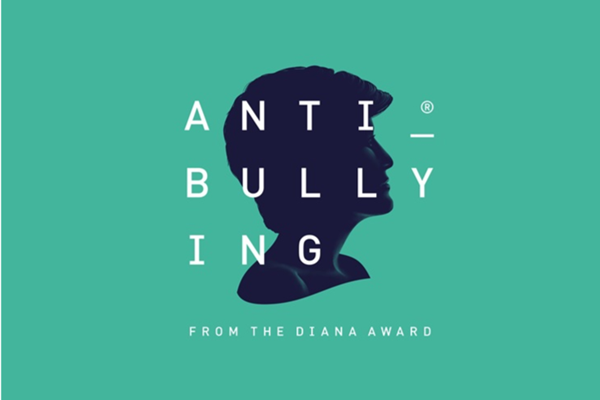Anti-Bullying Ambassador Programme: empowering youth in the UK

Since 2011, over 54,000 young people have been trained by The Diana Award to stand up to bullying as Anti-Bullying Ambassadors in their schools. The programme is a year-long journey, which includes initial training and ongoing support to equip young people with the skills, confidence and knowledge to be an upstander to all forms of bullying behaviour. Ambassadors educate their peers on bullying behaviour, lead anti-bullying campaigns, promote a culture that celebrates and tolerates difference, and help keep their peers safe both online and offline.
There are useful free resources available, aimed at students, staff and parents, that cover all anti-bullying topics, from LGBTQ+ awareness to digital well-being, mental health and body shaming.
The Diana Award charity is based on the belief that young people have the power to change the world. Its mission is to empower young people to lead that change through a range of initiatives that unlock their potential, inspire action and create opportunities, ensuring that no young person is left out or left behind.
Further reading
Additional information
-
Education type:School Education
-
Evidence:N/A
-
Funding source:National government, Private funding
-
Intervention level:Universal
-
Intervention intensity:Ongoing
-
Participating countries:United Kingdom
-
Target audience:TeacherStudent TeacherHead Teacher / PrincipalTeacher EducatorNot-for-profit / NGO staffParent / Guardian
-
Target audience ISCED:Primary education (ISCED 1)Lower secondary education (ISCED 2)Upper secondary education (ISCED 3)
